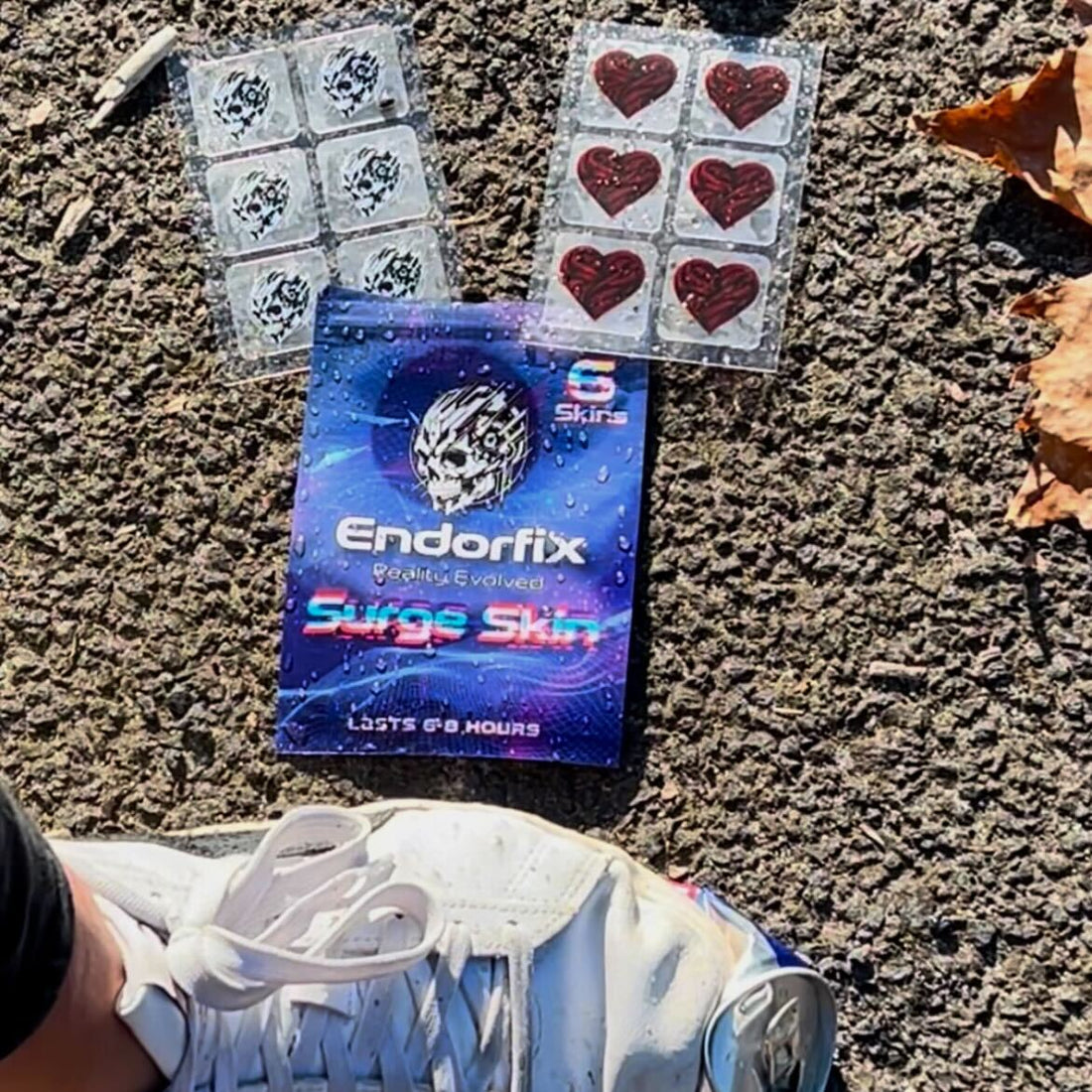
The Hidden Dangers of Sugar-Free Energy Drinks: What They Don’t Want You to Know
Sugar-free energy drinks are widely promoted as a quick and easy energy fix, but behind their slick marketing are serious health concerns. Loaded with artificial sweeteners and other questionable ingredients, these drinks may not be as safe as they seem. Here’s why you should think twice before reaching for that can.
- Artificial Sweeteners: A Metabolic Disaster
Energy drink companies often replace sugar with chemicals like aspartame, sucralose, and acesulfame potassium, but these ingredients can wreak havoc on your metabolism. These sweeteners confuse your body, tricking it into thinking sugar is present without actually delivering energy. This can lead to increased cravings for real sugar, causing overconsumption of calories later in the day.
- Gut Health Under Attack
Your gut microbiome is vital for digestion and immunity, and artificial sweeteners are a direct threat to it. Research from Nature shows that sweeteners like saccharin can lead to glucose intolerance by altering gut bacteria, setting the stage for metabolic disorders like diabetes . Sucralose, commonly found in sugar-free energy drinks, has been shown to wipe out beneficial gut bacteria by up to 50% . The damage to your gut could have long-term consequences for your overall health.
- Weight Gain—The Hidden Irony
Despite their "zero-calorie" claims, sugar-free energy drinks may actually contribute to weight gain. How? Artificial sweeteners mess with your body’s natural ability to regulate hunger and satiety. A study from Yale University found that these sweeteners can lead to "metabolic derangements"—a fancy way of saying they trick your brain into thinking you need more food . You may end up eating more calories overall, completely defeating the purpose of choosing a sugar-free option.
- Neurological Risks You Don’t Want to Take
Aspartame, one of the most common artificial sweeteners in these drinks, has been linked to headaches, mood swings, and even cognitive impairment. According to research published in Frontiers in Neurology, long-term consumption of aspartame could interfere with neurotransmitters, potentially affecting brain function .
- Other Harmful Ingredients
Beyond artificial sweeteners, sugar-free energy drinks contain a cocktail of other unhealthy additives. Preservatives like sodium benzoate can form carcinogenic compounds when mixed with vitamin C, while artificial colorings like Red 40 and Yellow 5 have been linked to allergic reactions and hyperactivity in children . Moreover, these drinks often contain a hefty amount of caffeine—sometimes as much as 300 mg per serving—which, when combined with stimulants like taurine and guarana, can lead to overstimulation, heart palpitations, and anxiety .
Why Endorfix Energy is the Safer Solution
If you're looking for a real energy boost without the harmful additives, Endorfix patches offer the perfect alternative. Instead of using artificial sweeteners, preservatives, or excessive stimulants, Endorfix delivers natural caffeine in a controlled, steady dose through the skin, bypassing the digestive system entirely. This transdermal method avoids the sugar spikes and crashes typical of energy drinks, and most importantly, it doesn’t subject you to the toxic effects of artificial sweeteners and harmful preservatives. Endorfix gives you the energy you need without compromising your health.
References:
Suez, J. et al. (2014). Nature.
Abou-Donia, M.B. et al. (2008). Journal of Toxicology and Environmental Health.
Yang, Q. (2010). Yale Journal of Biology and Medicine.
Fowler, S.P. (2016). American Journal of Clinical Nutrition.
McNeal, A. et al. (2006). Carcinogenic Benzene Formation from Sodium Benzoate in Soft Drinks.
Stevens, L.J., et al. (2013). Food Dyes Linked to Hyperactivity in Children. Journal of Pediatrics.
Higgins, J.P., & Babu, K.M. (2013). Caffeine Overdose and Toxicity.